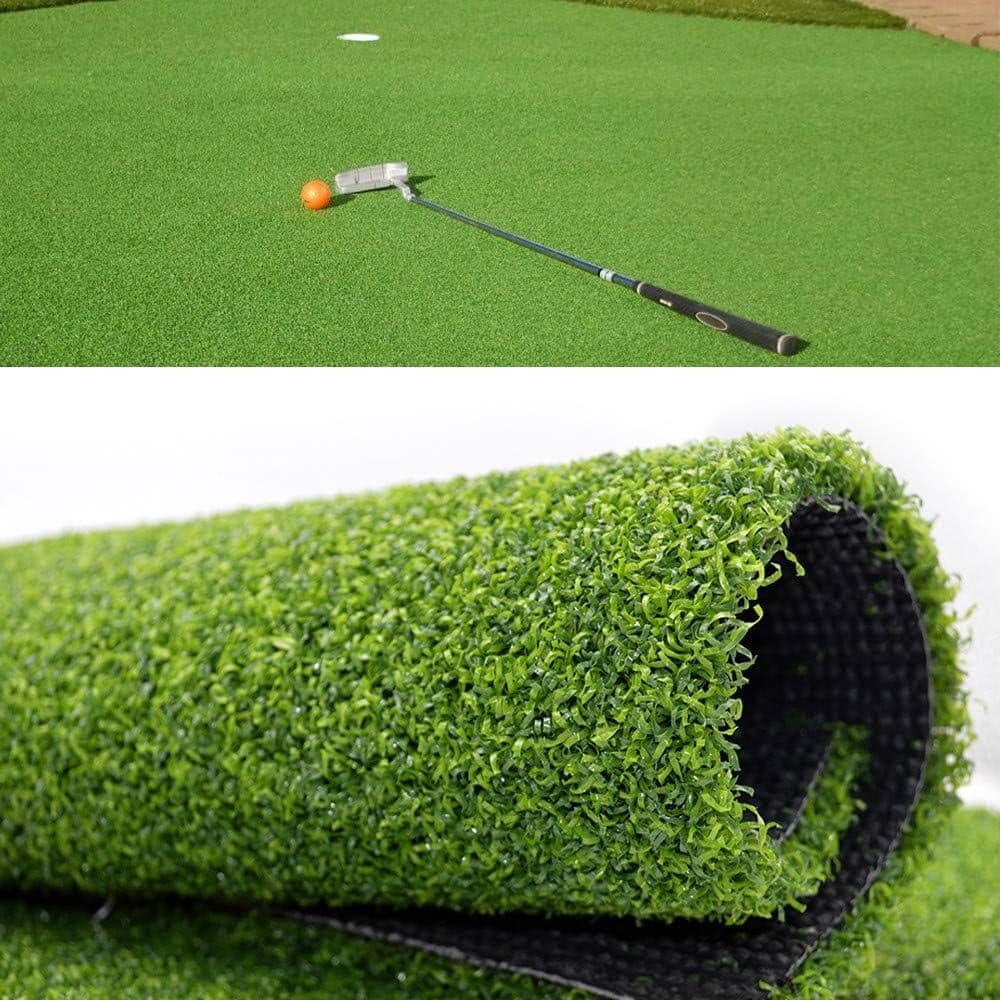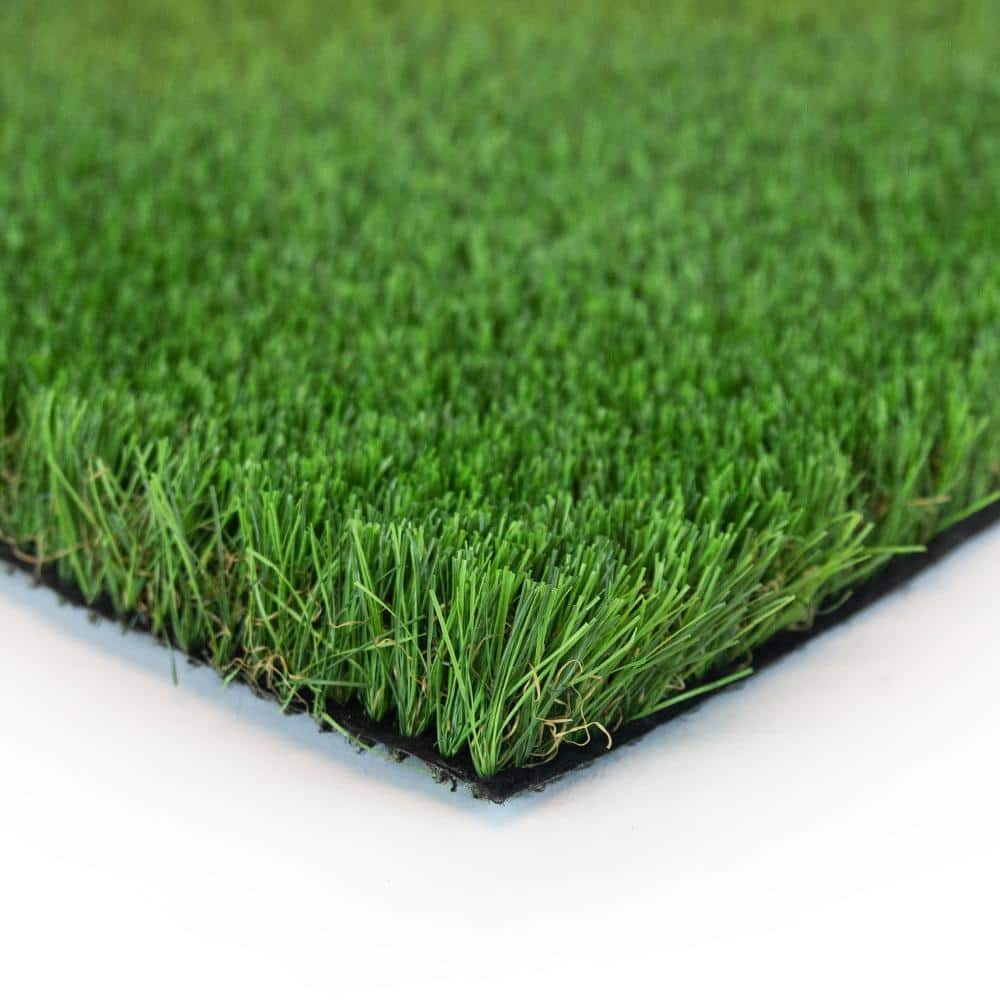Best Phoenix Turf Companies Specializing in Synthetic Grass Solutions
Best Phoenix Turf Companies Specializing in Synthetic Grass Solutions
Blog Article
Explore the Environmental Perks of Opting for Synthetic Grass Solutions
The fostering of synthetic grass options provides an engaging chance to attend to pushing ecological obstacles. By considerably minimizing water use and reducing the application of hazardous chemicals, these choices not only promote sustainable landscape design but also protect local environments. The lower carbon impact linked with lowered upkeep tasks adds to a much more sustainable approach to land monitoring. Nonetheless, the ramifications of these benefits expand beyond simple preservation initiatives, questioning regarding their long-lasting influence on habitat preservation and overall eco-friendly balance. Discovering these measurements exposes a complex interplay worth considering.
Water Preservation Benefits
One of the most considerable advantages of fabricated turf is its capacity to preserve water. In comparison, artificial turf does not need watering, considerably reducing the general demand for water sources.
By removing the demand for normal watering, artificial grass adds to lasting landscape practices and helps reduce the environmental influence of excessive water consumption. In addition, the conservation of water expands to the reduction of overflow, which can result in soil disintegration and waterway pollution.
Furthermore, the installation of artificial grass permits homeowners and towns to allot water sources more successfully, concentrating on vital uses such as drinking water and farming. The change towards artificial lawn not just promotes responsible water usage but additionally straightens with broader ecological goals aimed at protecting natural deposits.
As communities progressively prioritize sustainability, the water preservation benefits of synthetic grass present an engaging instance for its adoption in property and industrial landscape design projects.
Minimized Chemical Use
The transition to artificial grass considerably lowers the dependence on chemical therapies commonly made use of in natural grass maintenance. Traditional turf administration normally entails the application of fertilizers, herbicides, and chemicals to advertise growth and control bugs. These chemicals can present threats to human health, regional wild animals, and the atmosphere, adding to dirt and water contamination.
In comparison, synthetic grass eliminates the requirement for these dangerous substances. When set up, it requires minimal upkeep, mostly including routine cleansing and occasional infill replenishment. This decrease in chemical use not only profits the immediate environment yet likewise adds to wider environmental security. By minimizing the release of synthetic substances right into the environment, synthetic grass promotes much healthier soil and water systems.
Moreover, the absence of chemical runoff connected with synthetic grass installments aids secure regional waterways from pollution, sustaining marine life and preserving biodiversity. Arizona turf. As neighborhoods significantly focus on sustainable methods, selecting synthetic grass provides a feasible solution that aligns with environmental preservation goals. With this shift, homeowner can appreciate lavish eco-friendly areas without endangering eco-friendly health, paving the method for a much more sustainable future
Lower Carbon Impact

Additionally, the setup of artificial turf can cause significant water preservation. Natural yards require substantial amounts of water for watering, which not only includes in the carbon footprint associated with water removal and therapy yet likewise stress regional water resources. On the other hand, synthetic grass needs marginal maintenance, requiring no watering, thereby substantially lowering water use and its linked energy prices.
Additionally, the durability of synthetic turf contributes to its lower carbon influence. With a life-span of as much as 15 years or even more, the need for frequent substitutes is lessened, resulting in less waste and lower power usage in manufacturing and dealing with traditional grass choices. Generally, synthetic grass presents a lasting choice for environmentally conscious landscaping.
Environment Conservation
Environment conservation is an essential factor to consider in the argument over landscape design click this selections, particularly when read this comparing fabricated lawn to all-natural yard. Natural yard yards typically call for extensive upkeep, including the use of chemicals, herbicides, and plant foods, which can negatively impact neighborhood environments. These chemicals can seep right into the dirt and waterways, harming native flora and animals and interrupting local habitats.
Synthetic turf eliminates the need for dangerous chemicals, therefore protecting neighboring wild animals and preserving the integrity of bordering environments. The installment of man-made grass can lead to the conversion of previous lawn areas right into even more biodiverse landscapes, such as pollinator yards or native plant locations, which can sustain regional wildlife.
Inevitably, the change to synthetic grass not only conserves water and reduces maintenance initiatives but likewise promotes an extra harmonious connection in between human activities and the all-natural setting, promoting environment preservation in the procedure.
Long-Term Sustainability
Long-term sustainability is an essential factor in evaluating the benefits of synthetic turf over traditional yard lawns. Among one of the most substantial benefits of synthetic grass is its toughness; it navigate to this site can last as much as 15-20 years with marginal upkeep, whereas natural yard requires frequent reseeding and substitute. This long life reduces the requirement for consistent sources, such as water, fertilizers, and pesticides, which are necessary for maintaining a healthy and balanced yard yard.
In addition, synthetic grass adds to a decrease in carbon exhausts connected with yard treatment equipment. Traditional yards usually require gas-powered mowers, leaners, and blowers, every one of which add to air contamination. Arizona artificial turf. In comparison, synthetic turf gets rid of the demand for such tools, advertising a cleaner environment
Moreover, the manufacturing of synthetic grass increasingly uses recycled products, boosting its sustainability account. As manufacturers embrace environmentally friendly practices, the environmental impact of synthetic grass remains to decrease.

Verdict
The fostering of fabricated grass options presents significant ecological benefits, consisting of substantial water preservation, decreased reliance on dangerous chemicals, and a reduced carbon footprint. Moreover, synthetic turf aids in protecting all-natural environments by decreasing land disruption and advertising long-term sustainability through making use of resilient products. Collectively, these factors highlight the potential of synthetic grass to contribute favorably to environmental wellness and provide a viable option to typical landscaping practices in an increasingly resource-conscious globe.
In contrast, artificial grass does not require watering, considerably reducing the general need for water sources. By decreasing the launch of synthetic compounds right into the ecological community, fabricated turf promotes much healthier soil and water systems.
Additionally, the installation of artificial turf can result in substantial water preservation. In comparison, artificial grass requires very little maintenance, needing no watering, thereby dramatically lowering water use and its associated power expenses.

Report this page